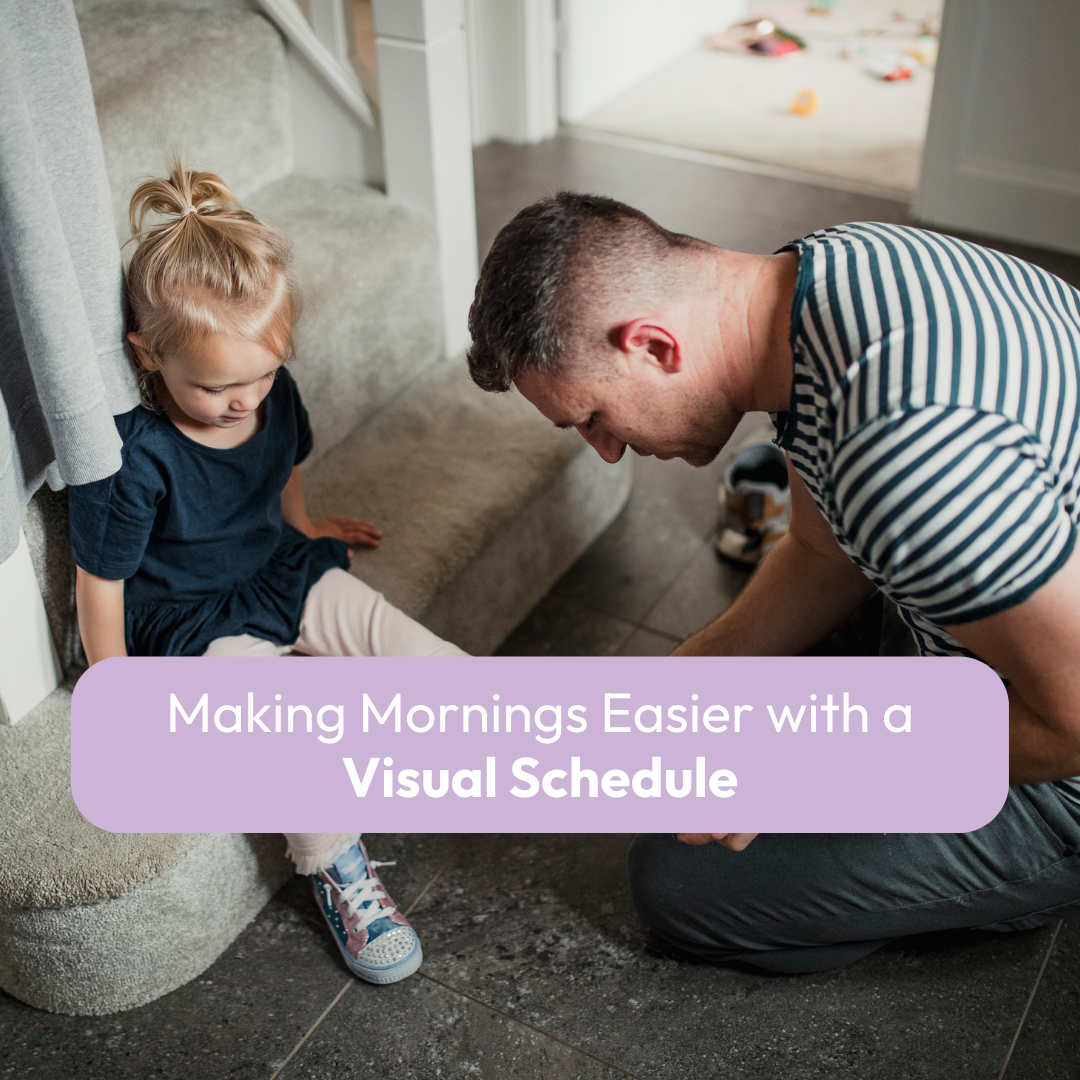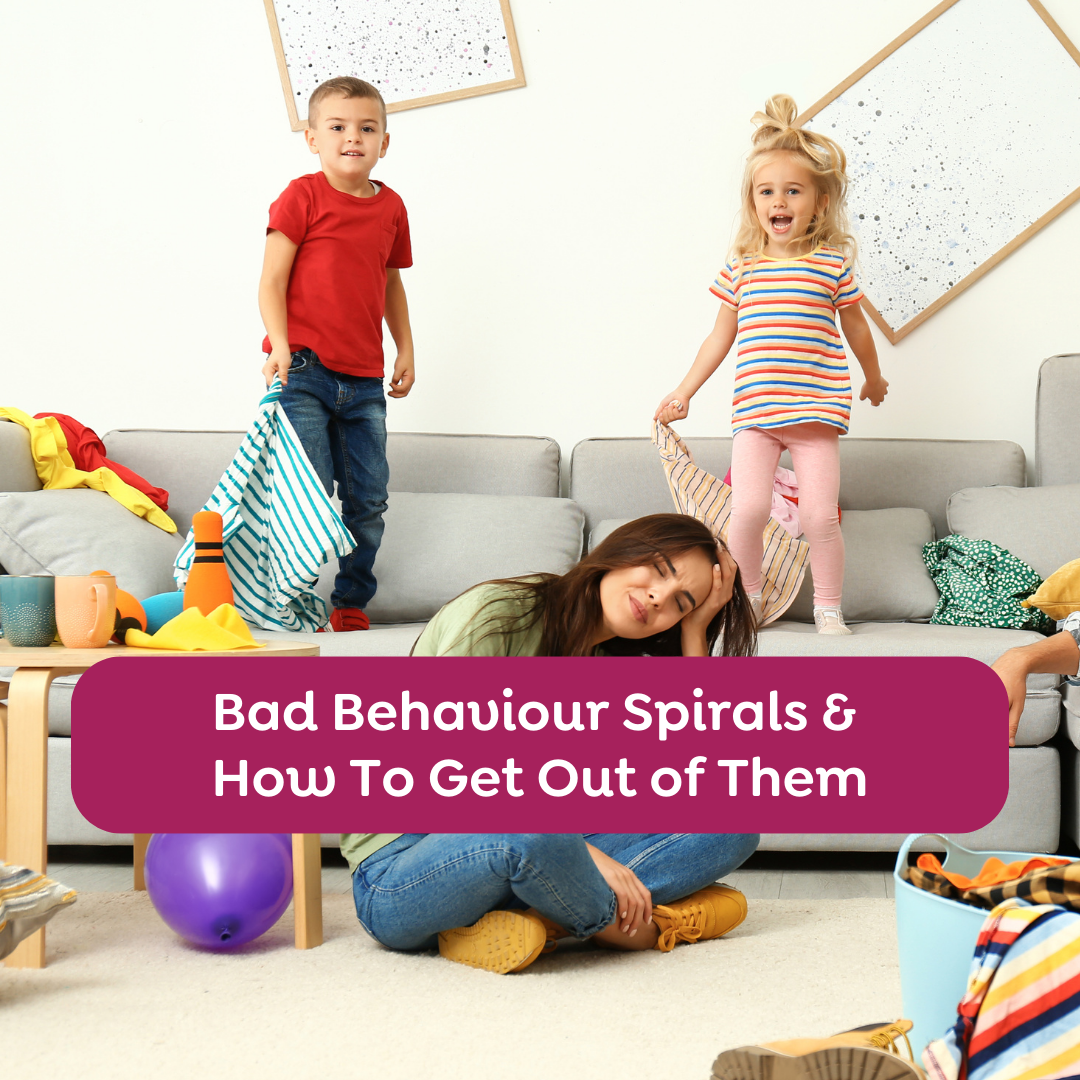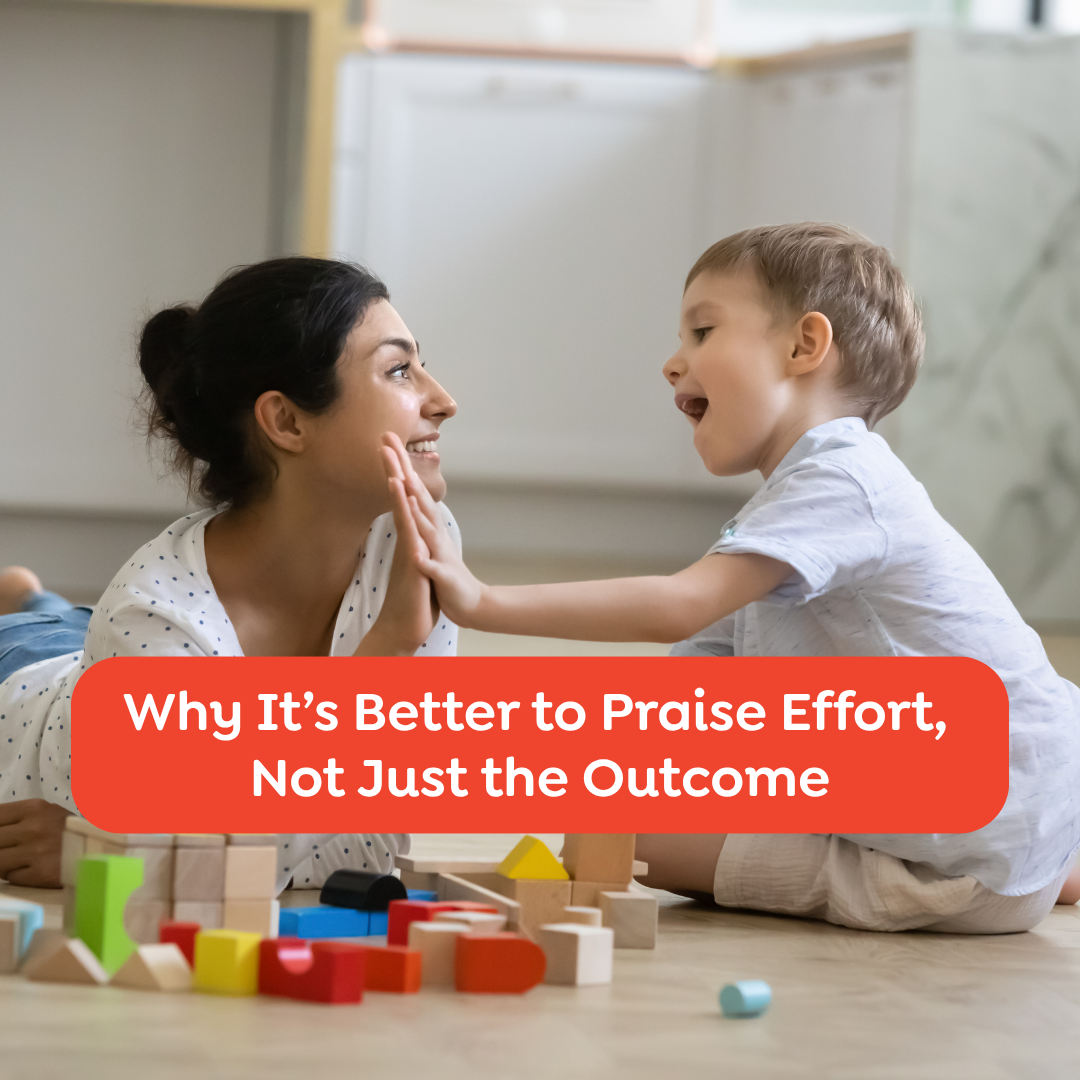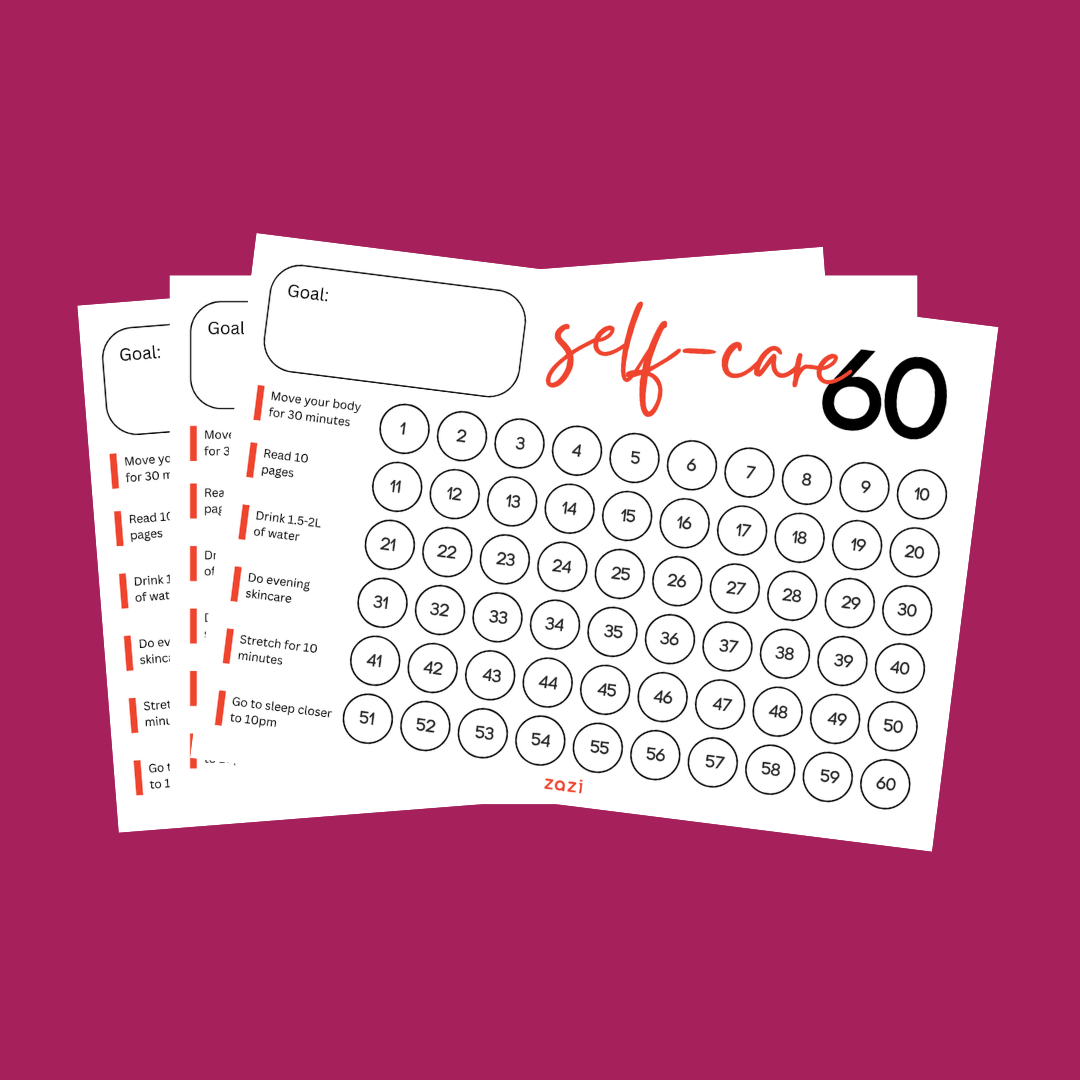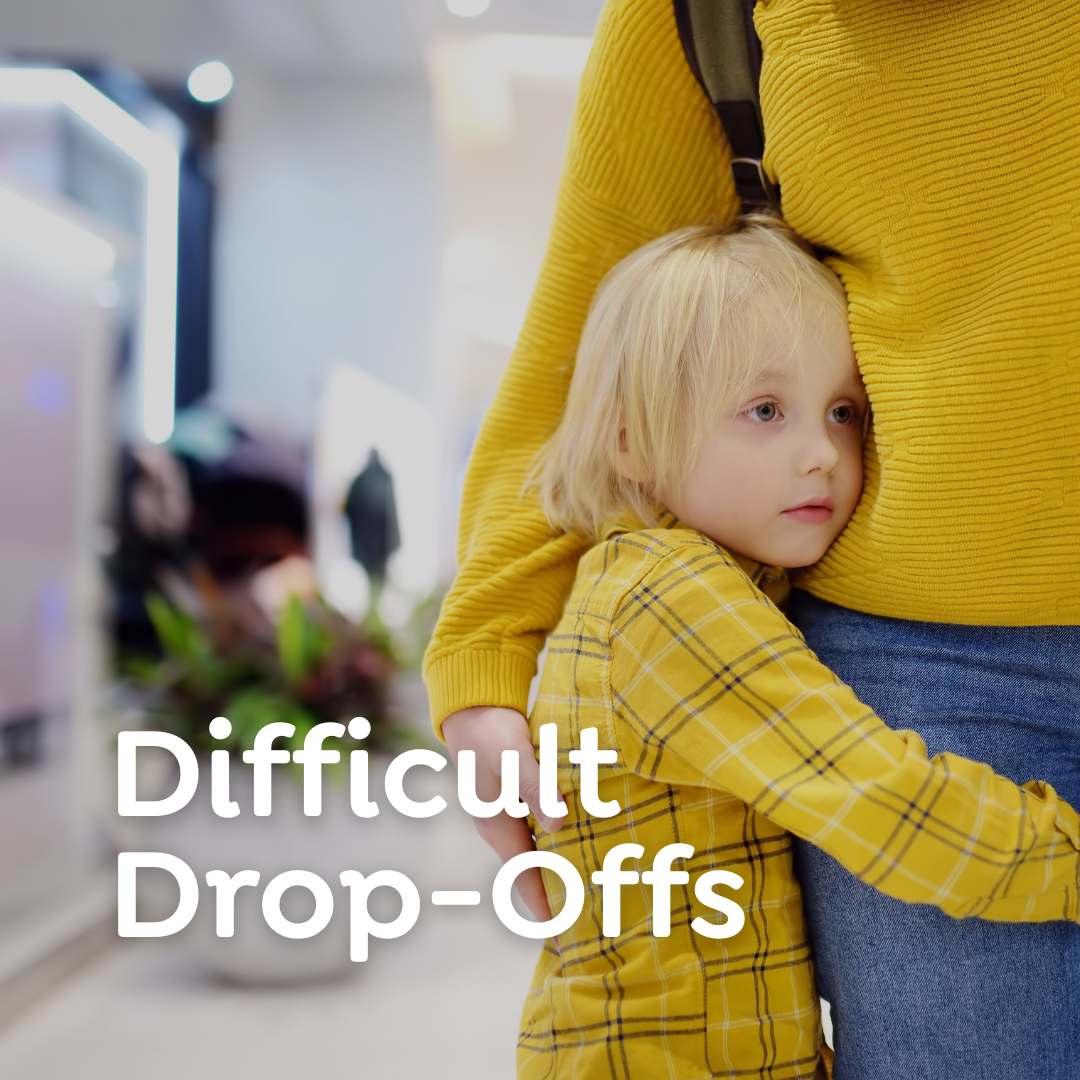When Kids Don’t Like Playing With Others: What Parents and Teachers Can Do
Play isn’t just “kids being kids”. It develops in stages, just like crawling or walking, and some children need more support with it than others. If your child struggles to play with others – maybe they push, shout, or cling to the toys – that doesn’t mean they’re unkind or broken. It means they’re still figuring it out.
Why some children struggle with group play
-
Play unfolds in steps: Children don’t just wake up one day ready to co-operate. First, they play alone. Then they play alongside others. Only later do they really begin to play with others. It’s a gradual build, and children move back and forth depending on how safe or confident they feel.
-
Stress shuts down thinking: A child under pressure – too noisy, too many people, not enough resources – can’t use their “thinking brain”. Their survival brain takes over, which is why you see grabbing, pushing, or shouting.
-
Past experiences shape reactions: If a child has been forced to share before they were ready or they've had negative play experiences where someone has ruined their game or done something they didn't like, they may now guard toys more tightly.
-
Neurodivergence: Some children, especially those who are autistic or have ADHD, can find group play overwhelming. Solo play might be exactly what helps them regulate and recharge.
Strategies for teachers in preschools
-
Be present when you can
If you know a child is likely to struggle, being nearby makes a difference. Your calm presence can prevent problems and help them feel safer. Can you work as a team to create opportunities for one educator to have moments for group work? -
Hand-pick playmates
Think carefully about who you group together. A rough, bossy child isn’t the best partner for someone who’s easily overwhelmed. A gentle, patient peer might work brilliantly. Gather a group that's going to be successful. -
Keep group play short and sweet
Don’t wait until it goes wrong. Move on while it’s still going well so children leave with a sense of success. You can then offer praise and feedback to the child that's needing more support. -
Model the words
Offer scripts children can try:
-
“I’m still using this.”
-
“Can I have a turn when you’re finished?”
-
“Stop, I don’t like that.”
-
Guide, don’t force
Children don’t learn through pressure. They learn through safety and gentle guidance. We can't make them play together or want to involve others in what they're doing. Respect their choice if they're not ready yet. -
Rethink “sharing”
Sharing, to a child, often feels like giving away what you had. That’s tough. Instead of forcing it, use tools like timers or a turn-taking schedule for scarce resources. This makes things predictable and less personal.
Strategies for parents at home
Playing with siblings
Siblings are unpredictable. A younger one might snatch or wreck the game, leaving the older one feeling unsafe or frustrated. While we’d love harmonious play, the reality is they won’t always want to play together – and that’s fine. Let them have separate space when they need it.
Proactive play with parents
You can actively teach play skills by joining in. Try saying:
-
“Can I play with you?” to model how to join a game.
-
Problem-solve aloud: “If someone else wants to join, what could we say?”
-
Actively teach boundaries: “You can share these blocks, but it’s ok to keep that tower as yours.”
-
Give feedback: “Hmm, that felt a bit bossy – you were telling me how to play and I don’t want to play like that. Friends don’t always want the same game, and that’s ok. We can’t control other people’s bodies.”
This helps children practise negotiation and empathy in safe ways.
Playdates and group play
Preparing matters. Talk ahead of time about what toys might be there, what your child might like to bring, and how they’d feel about sharing.
Pro tip: If your child’s ok with it, choose together which toys to bring. That way the visiting child has something new to explore, and your child gets to discover the other child’s toys too.
During the playdate, stay close enough to step in if needed. If things feel like they’re heading off the rails, it’s ok to call it a day. That’s not your child “winning” or you “failing”. It’s simply reading the situation and protecting everyone’s dignity.
The big reminder
A child who struggles with play isn’t unkind, naughty, or broken. They’re learning – and it’s our job to support them, not shame them. Sometimes that means stepping back, sometimes it means stepping in, but it always means keeping them and others safe.
For more on this topic, listen to Season 1, Episode 5 of the You’ve Got This podcast: “Understanding the stages of play: what it means for your child’s development.” This link will take you there.
You aren't the only one with a child that doesn't always like to play. My kids sometimes play wonderfully together. Other time they turn on a dime and they're arguing and fighting and teasing and its exhausting. We can't win all the time - kids aren't robots!
You're enough. You're doing your best. Reach out to us not he podcast if you're struggling and looking for more specific support.
You've got this!




